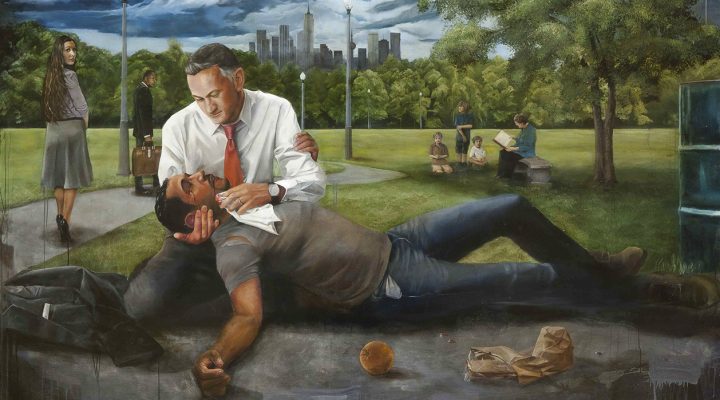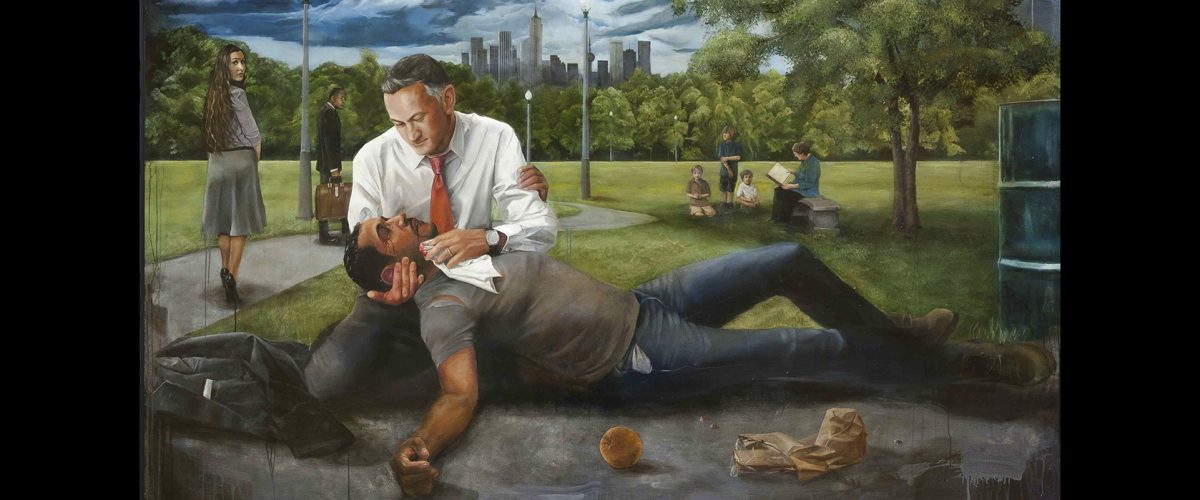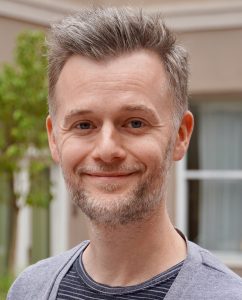Dismissing anti-racism and racial reconciliation efforts as anti-American and subversive ignores and twists the teachings of Jesus, justice advocate Latasha Morrison said during a Dec. 4 webinar hosted by Equal Justice USA.
That cynical attitude is embraced not only by conservative politicians but also by white churches determined to welcome only those who look and believe as they do, added Morrison, CEO of Be the Bridge, a faith-based nonprofit dedicated to the work of racial reconciliation and the healing of systemic injustice.
“It is a very anti-gospel mindset and ideology that ‘we’re just going to reach people who are just like us.’ I know we are not going to reach everyone, but what if Christ had that mindset? We wouldn’t be here today,” she said.
Morrison is an activist, speaker and author of Be the Bridge: Pursuing God’s Heart for Racial Reconciliation and Brown Faces, White Spaces: Confronting Systemic Racism to Bring Healing and Restoration. She spoke about the challenges and rewards of racial reconciliation with Sam Heath, manager of EJUSA’s Evangelical Network and moderator of its “In the Movement” webinar.
Be the Bridge, she explained, “is about the business of racial literacy, helping people to understand what racial healing looks like, what racial equity looks like and what racial reconciliation could be.”
The process aims to heal the wounds of racism and build relationships across racial lines in part through confession and atoning for past wrongs, ultimately seeking forgiveness and community.
Morrison said she founded the organization two years after a white police officer killed a Black teenager in Ferguson, Mo., in 2014, sparking massive protests. The incident propelled her into conversations around why society is always so eager and quick to cover up the causes of such events instead of facing their underlying causes.
There was a glimpse of racial togetherness after the 2020 murder of George Floyd inspired diverse groups of people to participate in rallies demanding justice. But the racial harmony witnessed in those months sowed the seeds for its eventual demise, she said. “That was the thing people were afraid of because it brought about unity. The structures of power and control are challenged by that. A lot of the pushback has been from people who don’t want to lose power.”
That opposition evolved into political and religious efforts to deny the existence of racism, ban books about racial history and smear the anti-racism movement as ideologically driven, Morrison said.
Heath said he also was a victim of growing right-wing hysteria that emerged at that time. “I remember there were a lot of accusations and discussions of Critical Race Theory. And everybody was a Marxist. I was called a Marxist and a false prophet.”
The cruelty and denial of the trend is plainly evident in the treatment of other disenfranchised groups and belies a continuing rejection of core biblical principles, Morrison said. “We are not taking care of the widow. We are criminalizing poverty. We are demonizing people who are trying to help those who are marginalized.”
Instead, the church should heed Christ’s parable of the Good Samaritan as a call to help and heal those in need, including the victims of historic and ongoing racism, she countered. “The work of restoration and repair is about equity, which is a kingdom word, not a bad word. But Christians are falling into empire rather than kingdom.”
In fact, the American church has become so far removed from the teachings of Jesus “and from the heart of God” that it will take true spiritual formation and spiritual transformation to recover and heal, Morrison said. “Do you think God does not care about those who are falsely accused and getting the death penalty? We are not taking the time to interrogate what is happening in our society and our culture and that should give all of us pause.”
Related articles:
Being Christian and being anti-racist are the same thing, West declares
Dig deeper when looking for your church’s racist or anti-racist history, Gardner advises
BJC speaker asks: ‘What if anti-racism became an essential way of doing faith?’




